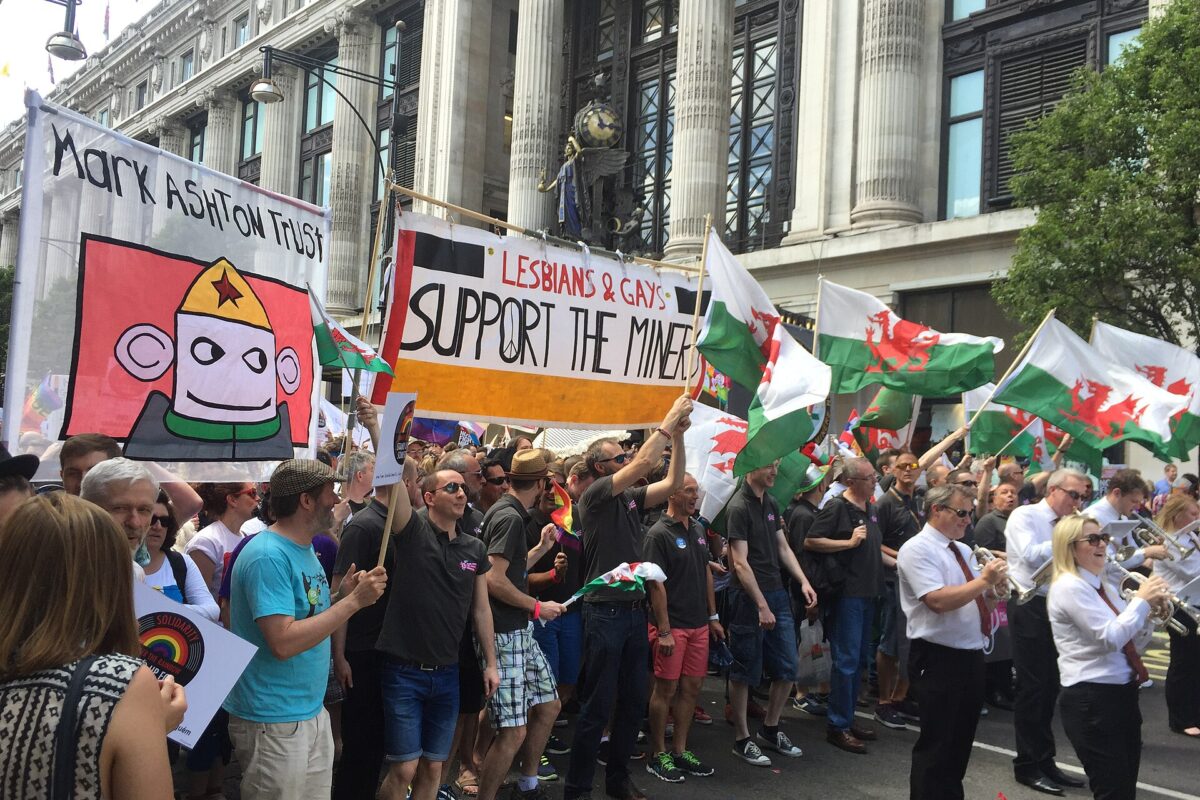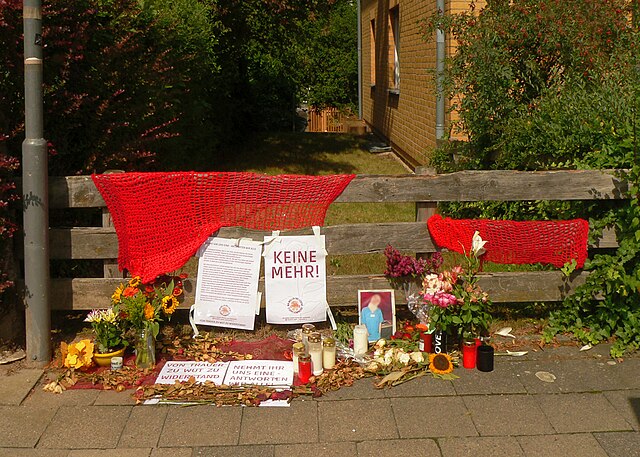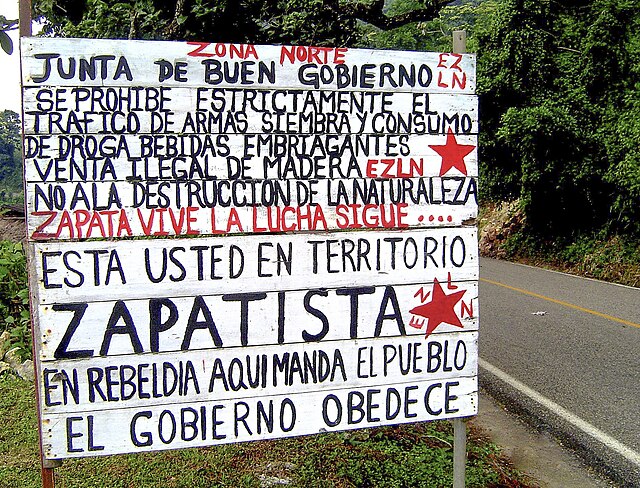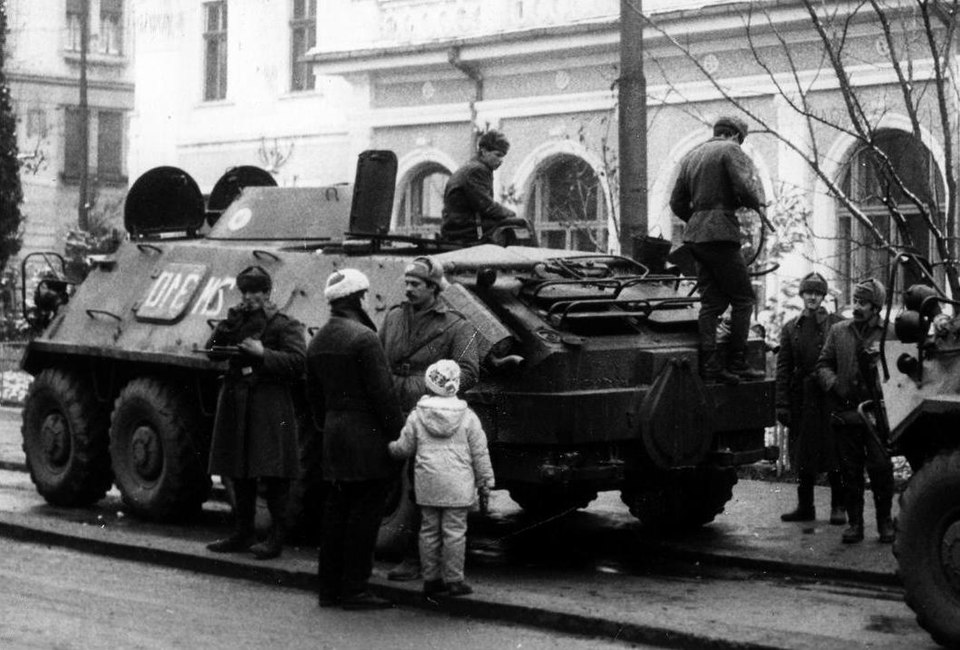On 15 July 1984, in a council flat in a block in South London, 11 men met up and decided to form Lesbians and Gays Support the Miners (LGSM), with the sole aims of raising money for the mining communities and offering our support. We all identified as gay men, though some women joined us later.
The miners had been on strike since early March, with little or no money, and were the victims of the state violence, harassment and oppression. On 18 June, mass ranks of police, many of them mounted, charged and battered miners at Orgreave in Yorkshire. The miners’ determination and resistance was an absolute inspiration
Nearly all of us were on the organised left, though we later had a much wider regular weekly attendance of between 30-50 people. We had already been supporting the miners and just wanted to add collections outside pubs, clubs and a gay bookshop and to spread ideas of solidarity for the miners among Lesbian and Gay people. Impressive collections had already taken place at the Pride march in June.
We chose a mining community in South Wales to receive our donations. Incredibly, given the public hostility to lesbians and gay people in those years, they then invited us to visit them and warmly welcomed 27 of us into their homes for a weekend in October. And thus a strong bond of solidarity and friendship was formed that has lasted ever since. A hugely successful Pits and Perverts Benefit Ball was organised in London and money was consistently raised right up to the end of the strike (March 1985) and beyond.
LGSM became well-known as we took raw class politics into the heart of the lesbian and gay scene. Our support also had a profound influence on the miners and the women who had often been the organisational backbone of the strike. In June 1985, a delegation of miners and women from South Wales led the London Pride march with their banners, in an unprecedented show of solidarity. Later that year, the National Union of Mineworkers played a crucial role on securing support for the first time for Lesbian and Gay rights in both the Trade Union Congress and the Labour Party.
The strike was defeated and we are still living with the consequences of that disaster, but this example of practical working class unity and solidarity should never be forgotten.




